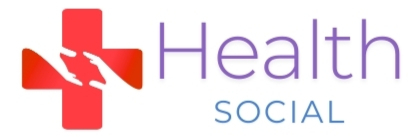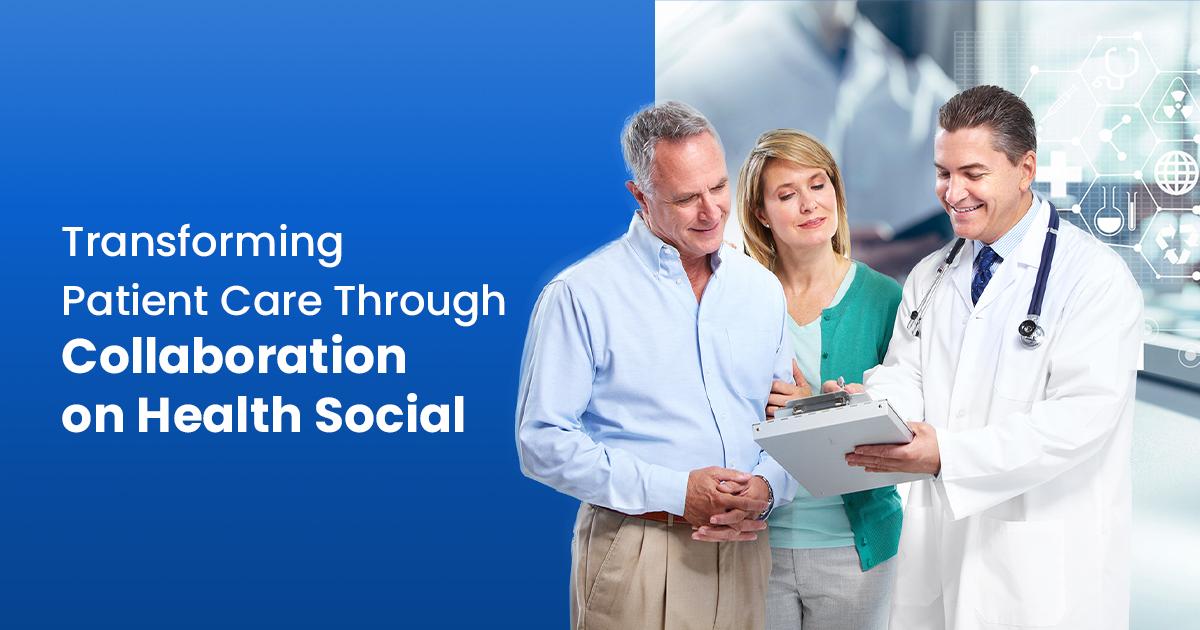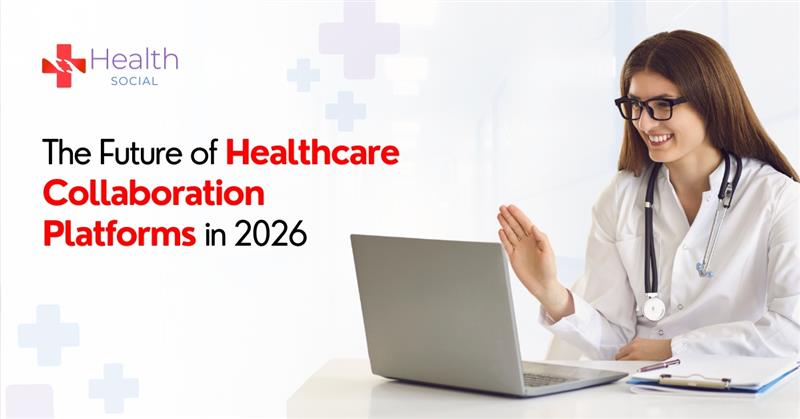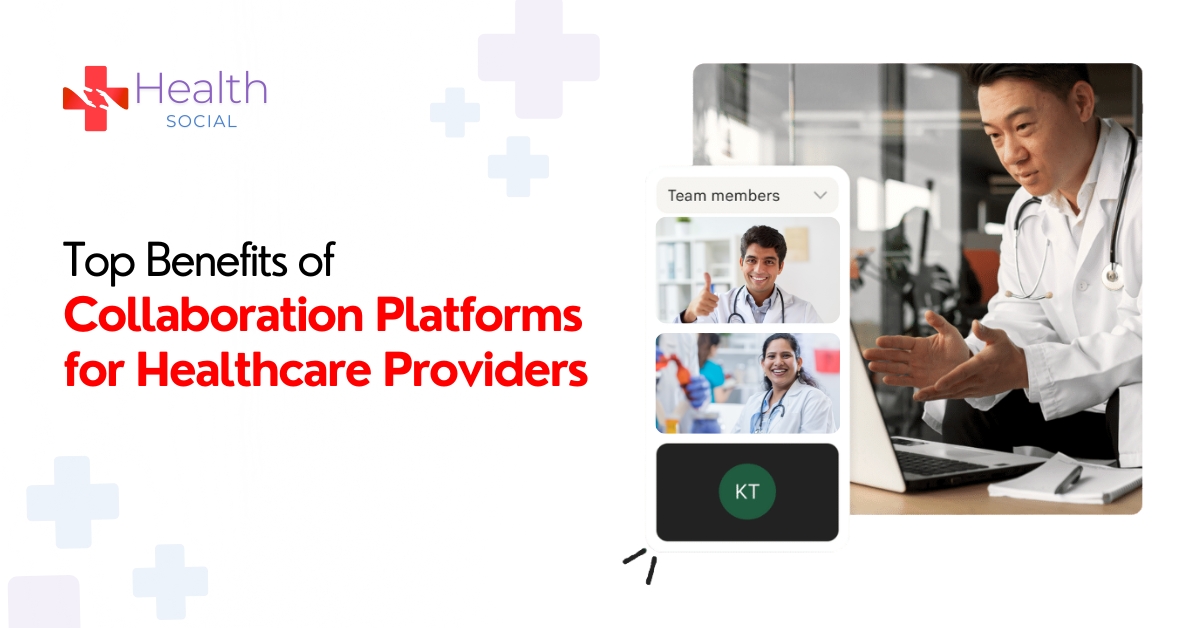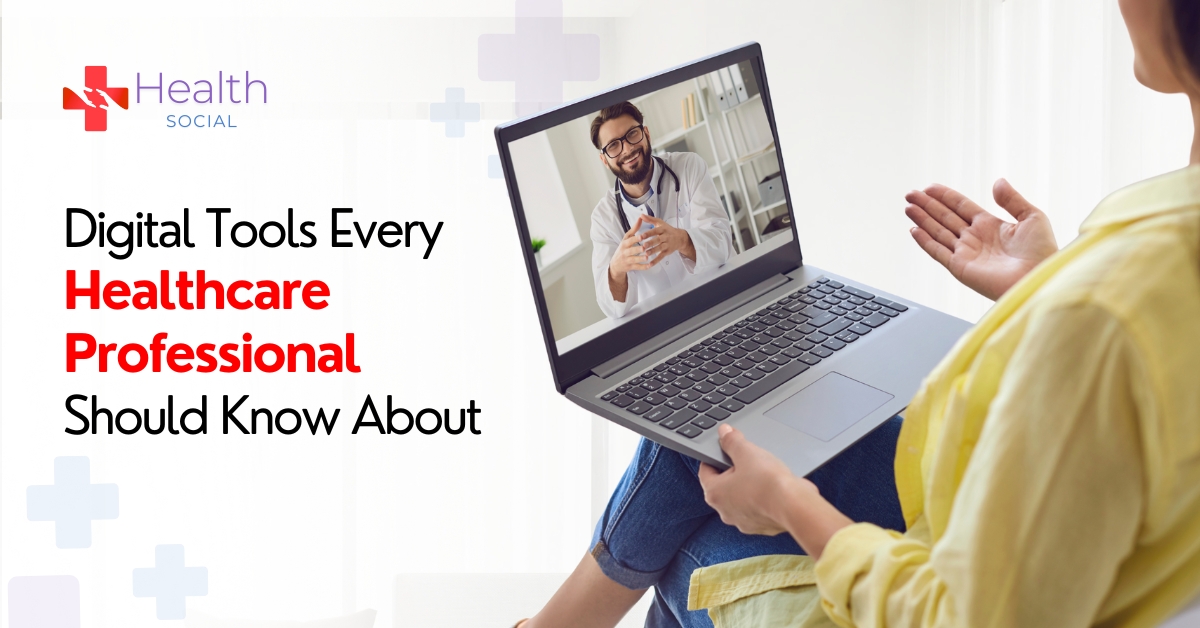Healthcare is changing, which is why it is no longer just about doctor visits, hospital stays, or in-person consultations. Since digital platforms are now an essential part of everyday life, they are also playing a big role in patient care. Health Social is transforming the way patients, doctors, and healthcare providers connect so that communication becomes easier, awareness spreads faster, and collaboration improves across the industry.
What is Health Social?
Health Social refers to using social media platforms, online communities, and digital collaboration tools so that healthcare services become more accessible, interactive, and patient-friendly. Since these platforms allow patients, caregivers, doctors, and healthcare organizations to share information and support each other, healthcare is becoming more connected.
- Patients can join online communities so that they receive emotional support and practical advice.
- Doctors can collaborate with colleagues so that they make better treatment decisions.
- Healthcare organizations can share information about diseases and prevention so that more people stay informed.
Since healthcare is becoming more digital, platforms like Health Social are creating new opportunities for communication and engagement.
Why Collaboration in Healthcare Matters
Good healthcare is built on teamwork, which is why collaboration is essential. Since doctors, nurses, caregivers, and researchers must work together so that they provide the best possible treatment, digital platforms are making it easier to share knowledge and make quick, informed decisions.
How Health Social Improves Healthcare Collaboration:
- Faster Access to Information so that doctors, researchers, and healthcare professionals stay updated with the latest medical advancements.
- Better Patient Engagement so that individuals can take charge of their health by connecting with others who have similar experiences.
- Stronger Communication Among Healthcare Professionals so that doctors and specialists can collaborate on patient cases.
- Increased Awareness and Education so that healthcare organizations can spread reliable information about disease prevention and treatment.
- Better Chronic Disease Management so that patients with long-term conditions receive ongoing support.
- Pharma Companies Networking so that pharmaceutical firms can connect with healthcare providers, discuss research, and improve access to new medications.
Since effective collaboration leads to better patient care, Health Social is helping to bridge the gap between patients, professionals, and healthcare organizations.
How Health Social is Changing Patient Care
1. Creating Online Support Communities
Since dealing with a medical condition can feel isolating, online communities are helping patients connect with others who understand their struggles.
- Cancer patients can join survivor networks so that they share treatment experiences and emotional challenges.
- People with chronic illnesses like diabetes or heart disease can exchange advice so that they manage their conditions better.
- Mental health support groups help individuals talk about their struggles so that they receive encouragement and guidance.
Since having a strong support system makes a big difference in a patient’s journey, these digital communities are offering comfort, motivation, and practical advice.
2. Expanding Access to Telemedicine and Virtual Consultations
Since social collaboration is not just about sharing experiences but also about making healthcare more accessible, telemedicine is growing rapidly.
- Patients can consult with doctors remotely so that they receive medical advice without leaving home.
- Online chat support and video calls make follow-up care easier so that patients do not need to visit hospitals frequently.
- People in remote areas can connect with specialists so that they receive expert opinions without long travel times.
Since telemedicine is reducing the barriers to healthcare access, more patients are getting the medical attention they need.
3. Using Real-Time Health Monitoring for Better Care
Since technology is improving, patients can now monitor their own health so that they stay informed about their well-being.
- Smartwatches and fitness trackers measure heart rate, blood pressure, and glucose levels so that patients and doctors can detect early health issues.
- Health apps track physical activity and diet so that people maintain healthier lifestyles.
- Doctors can receive real-time patient data so that they provide better medical guidance.
Since early detection of health problems leads to better treatment outcomes, these digital tools are making a big difference in patient care.
4. Helping Doctors and Healthcare Professionals Collaborate
Since healthcare is a constantly evolving field, professionals need spaces where they can share their knowledge so that they provide better treatment to patients.
- Medical professional network allow doctors, nurses, and specialists to discuss complex cases so that they make better-informed decisions.
- Online platforms like Sermo and Doximity provide spaces for medical professionals so that they share best practices.
- Doctors can learn from each other’s experiences so that they improve their own approaches to patient care.
Since collaboration leads to more accurate diagnoses and treatment plans, Health Social is helping healthcare professionals work more efficiently.
5. Crowdsourcing Medical Knowledge for Better Decision-Making
Since no single doctor has all the answers, crowdsourcing knowledge ensures that patients receive diverse perspectives before making important health decisions.
- Patients can post their symptoms in online forums so that multiple healthcare professionals can provide insights.
- Medical professionals can compare notes on rare diseases so that they improve diagnostic accuracy.
- Researchers can share clinical trial data so that doctors have access to the latest treatment options.
Since getting multiple opinions helps improve healthcare outcomes, digital collaboration is making treatment decisions more reliable.
6. Running Health Awareness Campaigns
Since social media reaches millions of people instantly, it has become a powerful tool for spreading health awareness.
- Governments promote vaccination drives so that communities stay protected from preventable diseases.
- Mental health campaigns encourage open discussions so that people seek help when needed.
- Cancer awareness initiatives educate the public about early detection so that survival rates improve.
Since public health education saves lives, digital platforms are helping spread essential medical knowledge more effectively.
Challenges and Ethical Concerns
Even though Health Social offers many benefits, it also comes with challenges that must be addressed so that patient care remains ethical and safe.
- Misinformation, since not all medical advice shared online is accurate. Patients must verify information from trusted sources.
- Privacy and Data Security, since sharing personal health details online raises confidentiality concerns. Secure platforms must be used.
- Digital Divide, since not everyone has access to smartphones or the internet, which creates gaps in who benefits from Health Social initiatives.
Since responsible use of digital platforms is important, healthcare organizations must ensure that online medical discussions remain ethical and evidence-based.
The Future of Health Social Collaboration
Since technology is advancing, Health Social will continue to change healthcare so that patient care becomes even more connected and efficient.
- Artificial Intelligence (AI) will make virtual consultations smarter so that doctors provide more personalized recommendations.
- Blockchain Technology will improve data security so that patient information remains private and protected.
- Virtual Reality (VR) and Augmented Reality (AR) will enhance medical training so that doctors refine their skills in a digital environment.
Since healthcare is no longer just about doctor visits but about creating a healthcare collaboration platform, embracing Health Social will help build a healthier, more informed society.
Since collaboration leads to better patient care, Health Social is transforming healthcare so that it becomes more connected, efficient, and patient-centred. Since digital platforms are helping patients find support, doctors share knowledge, and healthcare organizations spread awareness, the future of healthcare is becoming more interactive.
Since responsible use of these platforms can lead to a more informed and inclusive healthcare system, balancing technology with human compassion is the key to ensuring that patient care remains personal, supportive, and effective. Since collaboration is the future of healthcare, embracing Health Social is the next step toward a smarter, healthier world.
